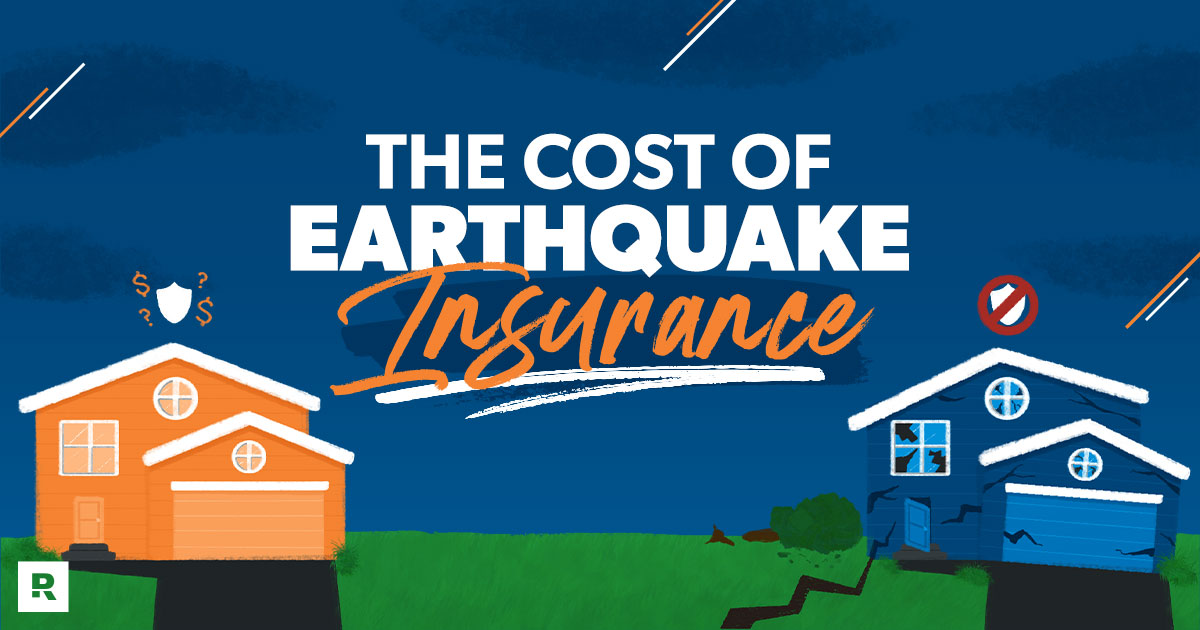Earthquakes can be a game-changer in the realm of property damage and financial loss. Even a minor earthquake can leave its mark on a home or a business, making it crucial for property owners to be proactive. One crucial aspect often overlooked is earthquake insurance. From what it covers to how it works, having the right knowledge on earthquake insurance can be the key to safeguarding your assets and your future.

Most Homeowners’ Insurance Doesn’t Cover Earthquakes
The general assumption that standard homeowners’ insurance covers earthquake damage is a common myth. In reality, it’s unlikely that your homeowners’ policy will cover damage sustained in an earthquake. This knowledge is essential, especially for individuals residing in earthquake-prone zones.
Instead of being included under the general homeowners’ insurance, earthquake insurance is often sold separately or is offered as an add-on to an existing policy. A small premium is paid to provide coverage in the case of an earthquake. Those who reside in non-earthquake-prone zones are often not offered the insurance or are not expected to opt-in.
Determining the Cost of Earthquake Insurance
The cost of earthquake insurance varies significantly, even for those residing in the same region. In earthquake-prone zones like California, Oregon, and Washington, earthquake insurance is typically more expensive. This price hike can be attributed to the increased risk associated.
Factors that determine the cost of earthquake insurance include the property’s age and condition, location, the type of construction used to build the property, and the coverage limits chosen. Furthermore, other elements like the proximity to major fault lines and whether your area enforces earthquake-resistant construction also play significant roles.
Earthquake Insurance Coverage – What’s Included?
A standard earthquake insurance policy typically covers damage to the main dwelling and other structures like garages. Detached buildings like guest houses are usually not included.
Your coverage might also be extended to personal property like fixtures, belongings, or objects within the dwelling and the outbuildings. This includes furniture, kitchen appliances, lamps, and the likes.
Earthquake insurance might not cover landslides or floods that might be triggered due to an earthquake. A separate flood insurance policy would be needed for this coverage. Lastly, earthquake insurance almost never covers damage to the external landscapes or recreational features like tennis courts and swimming pools.
Choosing Your Earthquake Insurance Wisely
When it comes to choosing the right earthquake insurance for you, there are a few vital factors to keep in mind. The selected policy should be sold by a reputable insurance company, must offer a minimum of $200,000 dwelling coverage for houses and at least $50,000 for condos to qualify for the California Earthquake Authority (CEA) and comparable coverage in other regions.
More important than the price is your deductible and the percentage of losses you will recover if you decide to file a claim. By raising the deductible from 10 percent to 20 percent or higher of your dwelling coverage amount, the annual premiums paid decrease. Yet, doing so increases the amount needed for initial payment of the insurance claims.
The Right Decision for You
While not mandatory by law, choosing the right earthquake insurance is essential to protecting your financial assets and affording a seamless path back to life’s normalcy after an earthquake. While the costs might seem daunting at first glance, failing to protect your home and belongings could end in a severe financial blow.
Making well-informed decisions concerning earthquake insurance goes beyond being diligently proactive – it means responsibly safeguarding your future and that of your loved ones.




